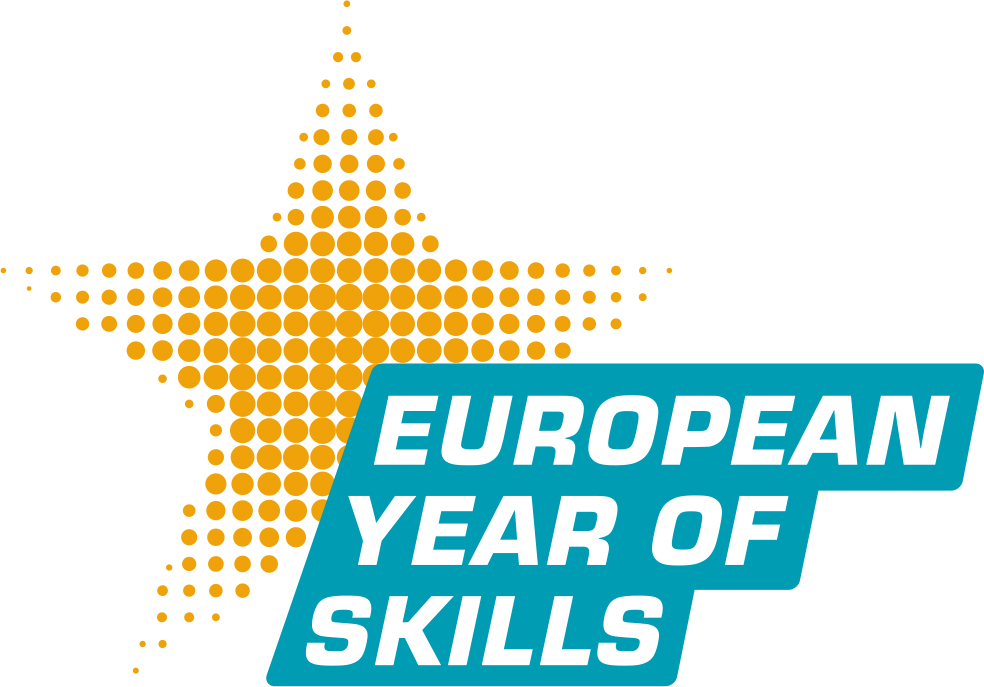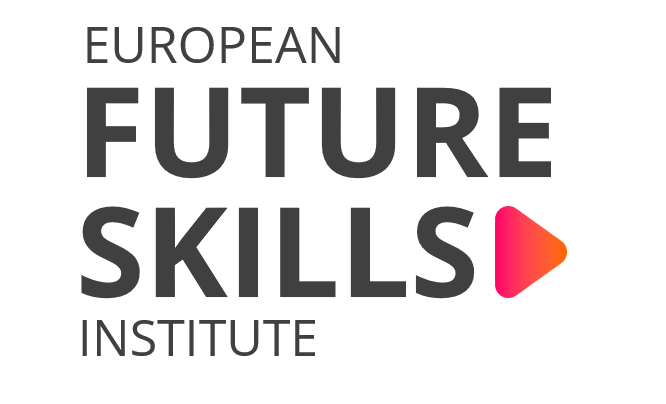2023 has been marked by the European Commission as the Year of Skills. The alignment of skills needs and education is vital for the European Union’s economic growth, competitiveness, and social cohesion. It addresses the skills mismatch, crucial for reducing unemployment and improving job quality across member states. This synergy ensures that the workforce is equipped for innovation and productivity, essential in a rapidly changing global economy marked by technological advancements. By aligning educational outcomes with market demands, the EU fosters a workforce that is adaptable, skilled, and prepared for future challenges, particularly in areas like digital technology and sustainable development. Furthermore, this alignment enhances labor mobility within the EU, enabling individuals to work across borders without facing significant skills barriers. This strategic alignment is integral to achieving the EU’s goals of sustainable growth, social inclusion, and ensuring that its citizens are well-prepared for the future.
The vitality of skills for the development of the European Union is also evident in the wide array of funding opportunities and initiatives in the EU (see below), providing significant opportunities for educational institutions (from school to higher education, incl. non-formal and informal training), non-profit and governmental organisations, as well as companies.

For the European Year of Skills, the EU will build on many ongoing initiatives, including:
Significant EU funding and technical support is available to investment in up- and reskilling:

to identify, develop and recognise the skills that Europe needs.

Headquartered in Münster, Germany.
EFSI is dedicated to skills intelligence and recognition.
Wilhelm-Schickard-Str. 14, 48149 Münster
© 2022 Designes Template • All Rights Reserved